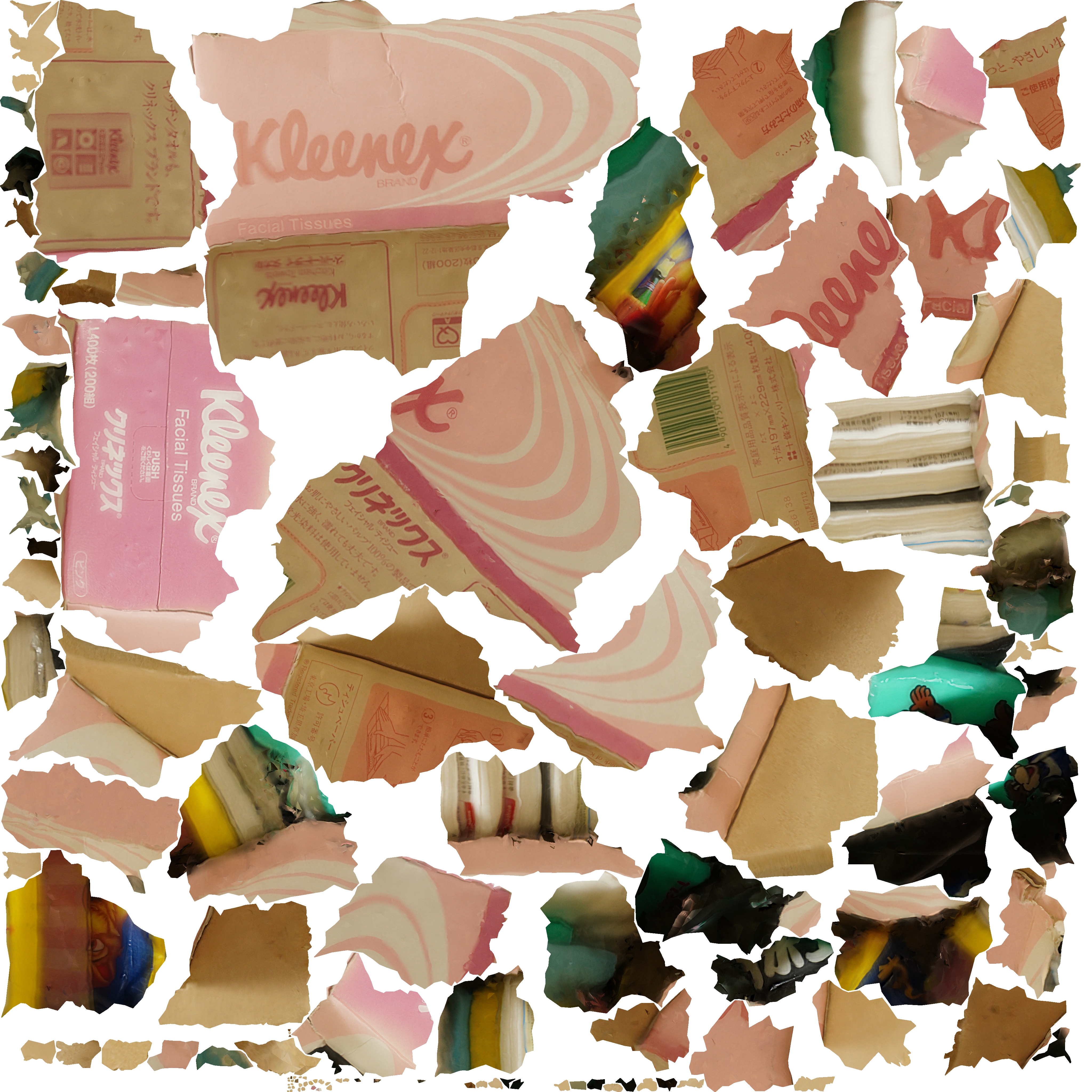
How do you achieve a meaningful international collaboration between two artists during Covid times? For the Liminal Space residency, an initiative of Eindhoven-based Baltan Laboratories and Arts Initiative Tokyo, two artist have come together online to share their experiences about what it means to be situated in the liminal space.
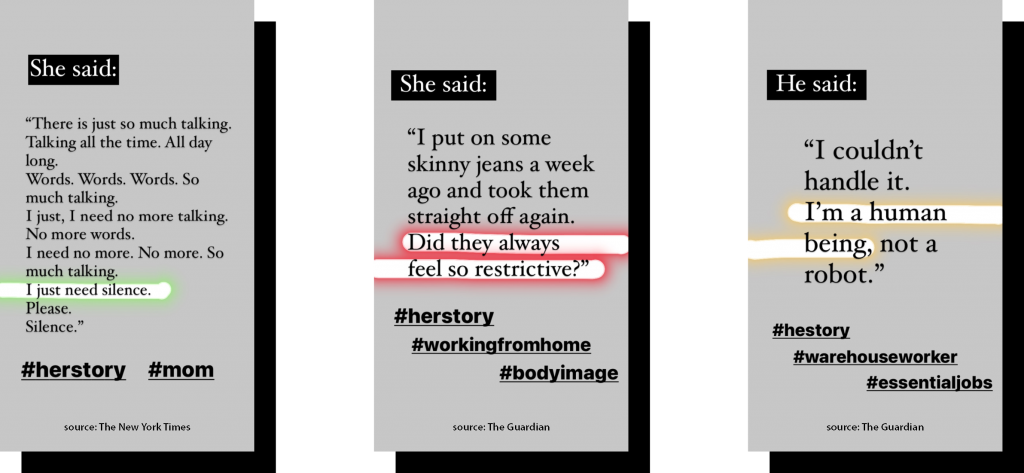
With an eight-hour time difference, a distance of over nine thousand kilometres and a language barrier between Dutch, Japanese and English — let alone the many technical complications of endless video calling, the collaboration between Teresa Feldmann (NL) and Seira Uchida (JP) faced a few setbacks from the very start. Despite — or perhaps because of these challenges — the online collaboration between the two artists and organisations has proven successful. This is the first residency exchange initiated by Baltan Laboratories and Arts Initiative Tokyo. Olga Mink, director of Baltan Laboratories remarks, ‘When we realised the Corona pandemic would be here for a while, we seized the chance to reinvent the concept of the residencies. Why don’t we connect them online? The topic uniting our organisations is the idea of the “liminal space.” A very interesting theme because it’s a perfect fit for the corona situation: a transitory moment in between times and spaces that allows for reflection and not knowing.’ Co-initiator Shintaro Tokairin, project manager of Arts Initiative Tokyo, shares his vision: ‘In this liminal space, people are allowed to fail and do things differently. It’s especially important during this pandemic to try something new, so long as you’re willing to learn from it. Everybody’s practise has changed in this liminal space. To me, artists are the leading agents of this era.’
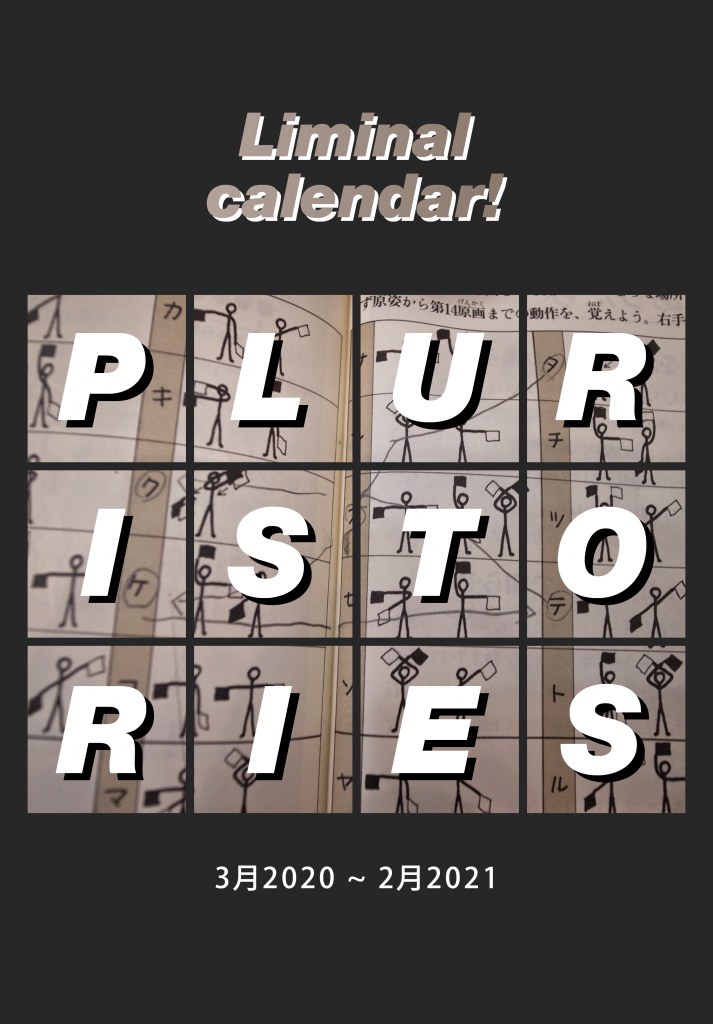
One of those leading agents is Teresa Feldmann (NL), who defines herself as a ‘designer/maker/researcher’ and ‘wannabe feminist-economist’. ‘Everything I do in my work and my design is connected to the economy and wider society. I can no longer deny the economic consequences of my field. I’ve been in design for over ten years now and am becoming increasingly critical of it. I’m questioning it more now and seeing the politics behind design. Whenever I design something now, I think systematically, contextually and long term.’
In this liminal space, people are allowed to fail and do things differently. It’s especially important during this pandemic to try something new, so long as you’re willing to learn from it.
Feldmann shares her definition of liminal space and how this residency resonates with her artistic practise: ‘Liminal space sounded like a fascinating way to interpret the pandemic situation we find ourselves in. I began reading about the theory of liminality, and it gave me a lot of food for thought. The interesting thing about liminality is that it invites you to be playful and recognises that the structures are loose. You can create new rules. It really resonated with my practise to be playful and questioning.’
Halfway through the residency, Feldmann summed up the core of her research with the question, ‘While being conscious of the understandable corona-fatigue, how can an artist create a surprisingly playful project that captures our shared anxiety?’ Feldmann emphasises, ‘I try to stay playful while attempting to define a common source of concern without being overly generic. I almost didn’t want to say the word ‘Corona’ because we’re all tired of hearing about it. However, it is a topic that I want to discuss. So, how to do it in a way that’s playful?’
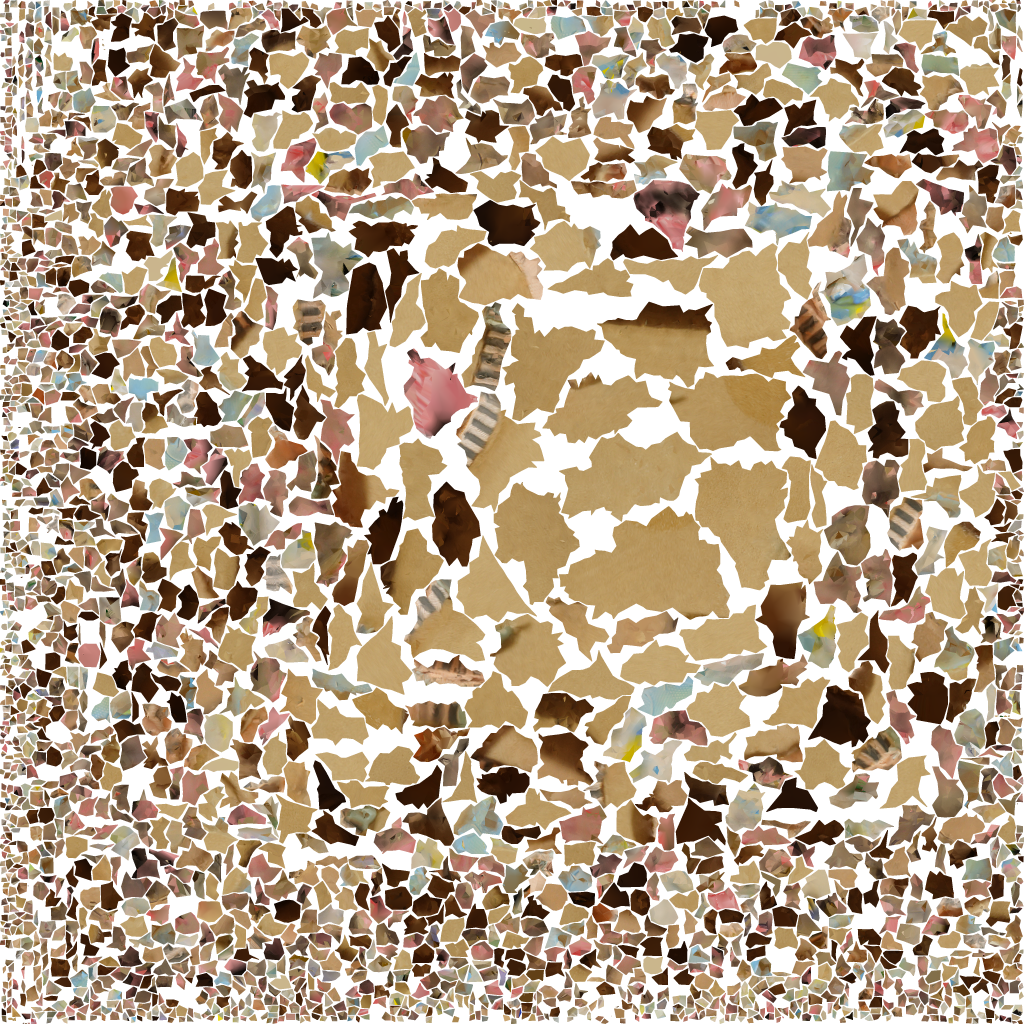
Feldmann’s residency counterpart is Seira Uchida (JP). Uchida calls herself an ‘artist and a circuit bender’, with the digital domain as one of her primary media. As Uchida observes, ‘The internet has somehow become ubiquitous in our lives; it’s everywhere as an integral part of our daily landscape. You’re always connected to the internet through your smartphone. I’m a conceptual performance artist and use this digital landscape as part of the performance. I try to bend that landscape by introducing something uncomfortable and awkward into it, playing with the sense of order that lies latent in these landscapes. By doing so, I try to spur people to think about what is there.’ Uchida employs modern visual techniques in her artistic practise, such as virtual reality and 3D scans. ‘I’m not interested in their newness,’ she clarifies, ‘but I do want to understand why people begin using these new technologies. What are they trying to gain from using them?’
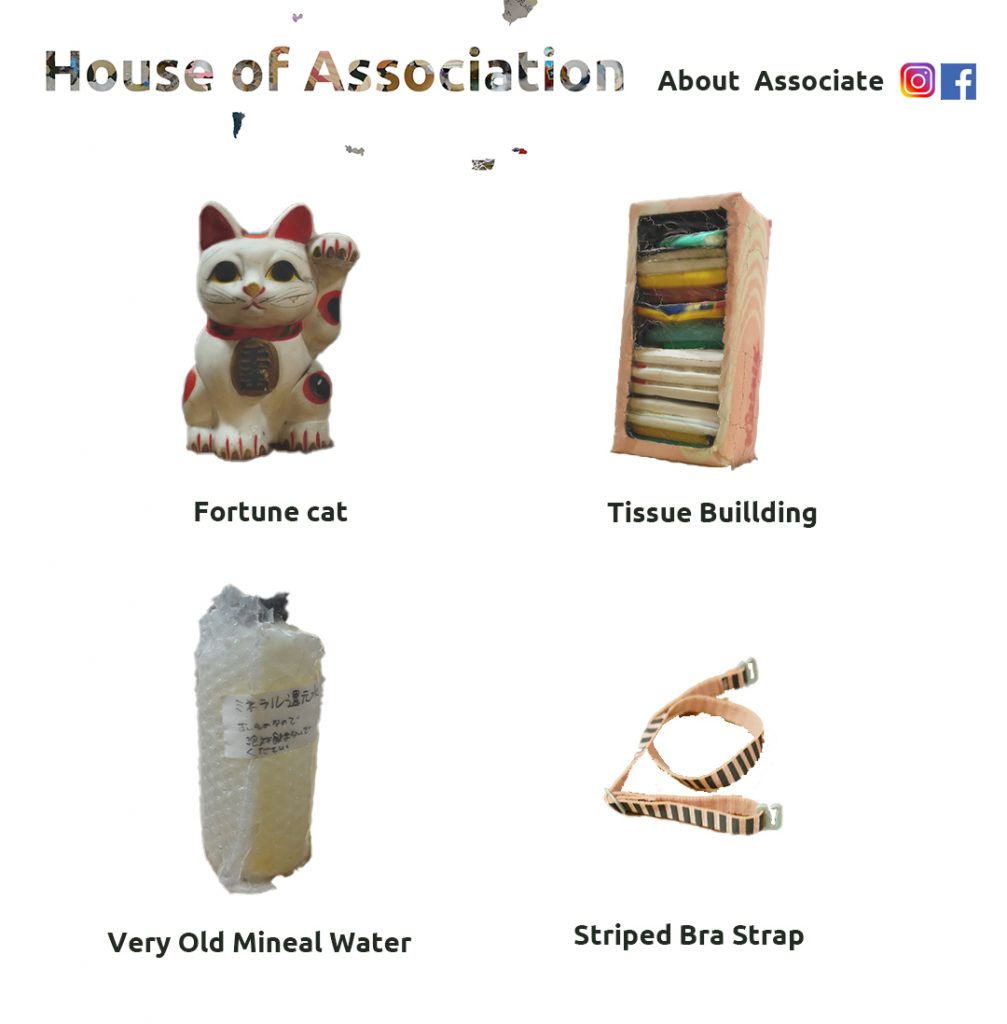
Both artists were selected by Arts Initiative Tokyo and Baltan Laboratories — and it was a perfect match. During our Zoom chat, even the language barrier could not stop them from constantly praising each other’s work. Uchida says she has learned a great deal from Feldmann: ‘Initially, I thought that the feminist ideology or movement was scary, that feminism was too emotional and aggressive. I was keeping my distance from it. My conversations with Teresa changed my perception of what it means to be a feminist. The exposure to new information opened my eyes. I realised that what I’ve been doing in my practise somehow relates to a feministic point of view. I’ve also realised that a big chunk of my work entails a feminist approach. I’m reading more now about the feminist movement and the notion of family, and how it’s embedded in our heads.’
I realised being a feminist in Japan is actually quite different from being a feminist in Western Europe.
Feldmann laughs in response, saying ‘I definitely think that Seira is totally a feminist artist, but in a way that’s very different from me. I consider myself to be quite subtle. For me, feminism is very much the liberation of thought. I think Seira is more feminist in a subversive way, and I love that! Before the residency started, I took a look at Seira’s work. I understood it right away and found it extremely witty and memorable. Then, I realised being a feminist in Japan is actually quite different from being a feminist in Western Europe. I learned things about Japan that I had no idea were so influential, like the patriarchal family system that has such a well-defined framework of rules.’
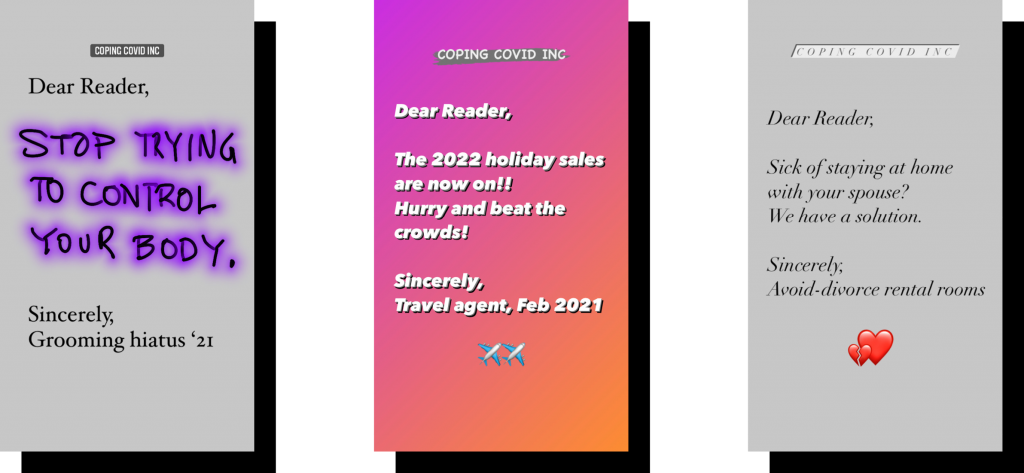
Feldmann and Uchida’s collaboration for the Liminal Space residency will continue until the end of February 2021.Friday 26 March, Baltan Laboratories and Arts Initiative Tokyo will present an online public event to conclude this working period. ‘At the end of this residency, I hope to present the audience with a plurality of experiences for coping in this liminal era,’ comments Feldmann, adding‘It’s not really my style to prescribe things to anyone. I don’t think it’s effective. Instead, I try to inspire those revelations naturally in people. I’m also aware that this “unlearning” takes place in very small steps, so I’m trying to be rather subtle about it.’ Uchida is still working on a more concrete final product. ‘At the moment, I’m thinking about a project that uses 3D scanning’, she explains, ‘I’d love to have a prototype by the end of the residency. And I’m looking forward to seeing some sort of new online documentation generated by the programme that includes my process and output as well as Teresa’s.’

Looking back on the residency, I asked the artists and organisations: Has the ‘artist in residency’ concept been reinvented? Can an online residency replace a physical residency? Uchida points out, ‘During a physical residency, just by walking around or eating something, you can discover interesting things in the environment. You discover things just by living there. Whereas, on this online platform, you talk a lot. We scheduled specific times for these discussions, which were more purpose-oriented. The time you spend together is very condensed, but you can share your process, gain new ways of thinking that you may not be aware of simply by living, so it’s very meaningful.’ According to Tokairin, ‘Not everything has to be virtual. Some things should be physical so that there’s a sense of being close to somebody, and not just through the monitor. But this is a good alternative.’ Mink adds, ‘Ideally, it would be both: the possibility to meet physically and to work online. I think that’s what we can learn from this Covid crisis: we can do much more online than we ever imagined. However, the digital experience cannot fully replace the physical one.’
Friday, 26 March, the work from The Liminal Space residency will be presented during an online event. More information to follow from Baltan Laboratories.
Author: Linda Köke

